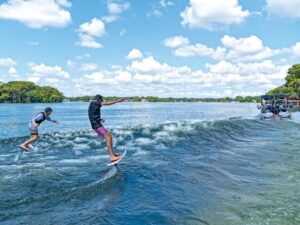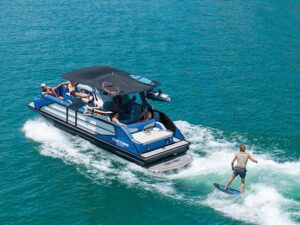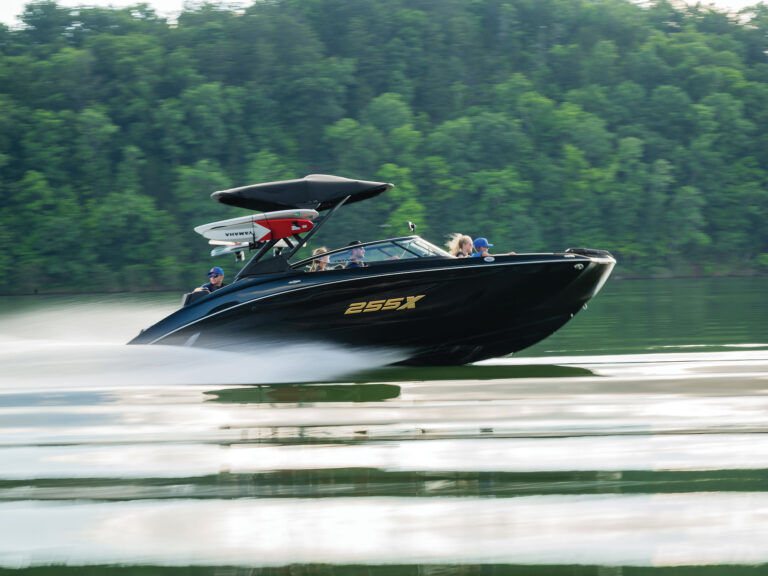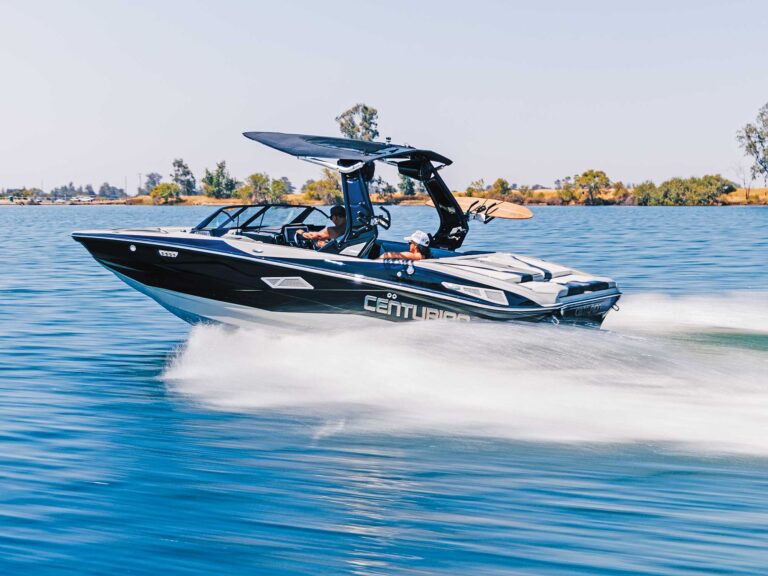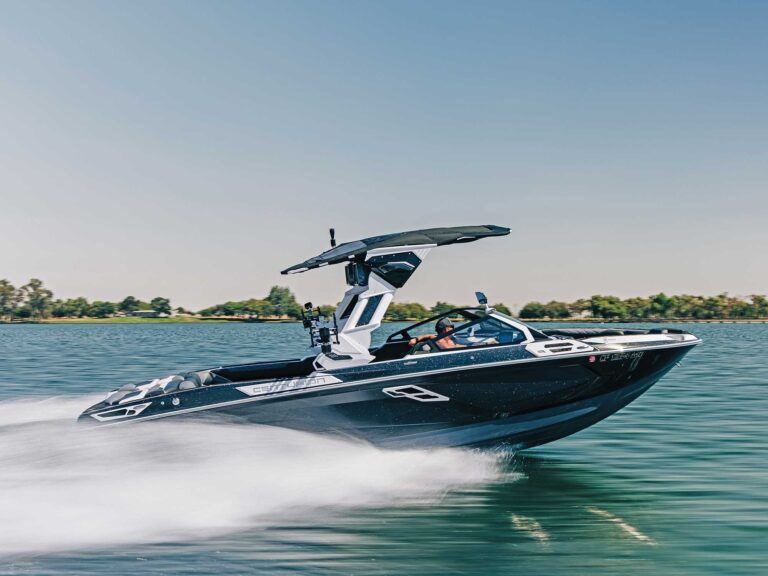Secretary of Homeland Security Michael Chertoff recently appointed the the Water Sports Industry Association to one of 21 positions on the National Boating Saefty Advisory Council, a Coast Guard-sponsored panel that helps shape boating laws from the state to the national level.
“It is a tremendous honor to be on NBSAC,” says Larry Meddock, Executive Director of the WSIA. “This gives our manufacturers the ear of the government, letting them effectively voice suggestions and ideas on regulations that affect our industry. The collective voice of our members makes the WSIA a major player.”
As part of the NBSAC, the WSIA will work alongside organizations such as the National Association of State Boating Law Administrators, the National Marine Manufacturers Association, and the Office of Boating Safety of the U.S. Coast Guard. Together they are discussing issues like mandatory PFD requirements, licensing for boat drivers, carbon monoxide concerns and propeller injury prevention. The panel’s recommendations often become the basis for regulations supported by the U.S. Coast Guard.
“These leaders are recognizing our industry as a very astute group of recreational boaters, well versed and well educated with valuable insight,” Meddock says. “When any of our manufacturers have a concern, they can now contact the WSIA and together we can take real and meaningful action on it.”
On behalf of the WSIA, Meddock will attend the two NBSAC summits each year, including the next one this October in Washington, D.C., as well as other meetings and ongoing discussions. NBSAC’s Jeffrey Hoedt, Chief of the Coast Guard’s Office of Boating Safety, will attend the WSIA’s annual meeting in February.
The WSIA has been the collective voice of the water sports industry for more than 25 years and has a current roster of approximately 200 manufacturers and dealers. NBSAC was formed by the Federal Boat Safety Act of 1971. Its 21 members include manufacturers, state officials and boating organizations who consult with the Coast Guard in prescribing federal regulations and in discussing other major boating safety matters.

